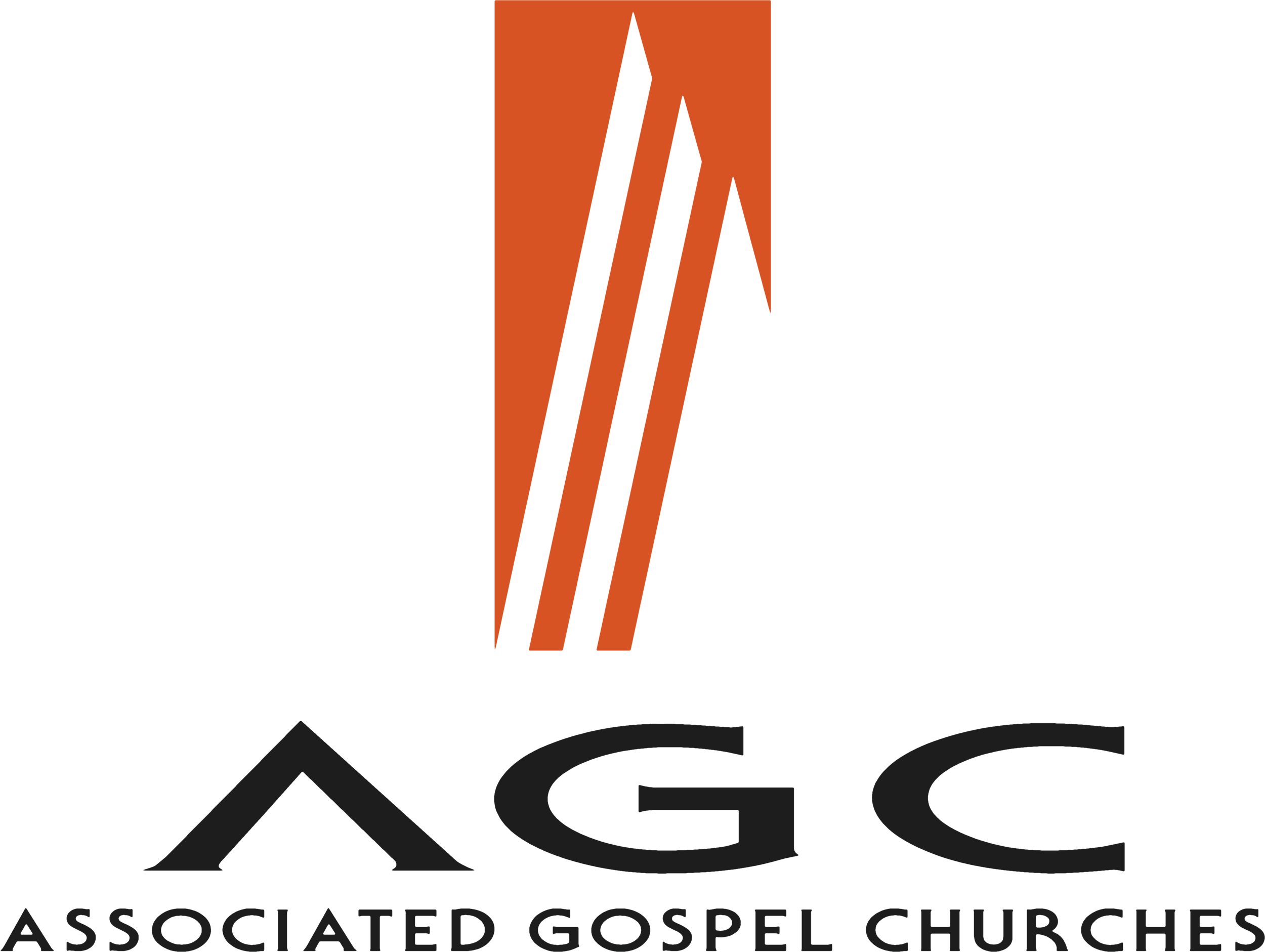Engage the Mess: Using the Right Tools
How many remember the TV show Home Improvement with Tim the Toolman Taylor and his sidekick Al? I may be dating myself a little. But as spring approaches and the weather turns warmer, many of us start thinking about lawns and gardens and all the fixer-up projects that went stagnant over the winter. Out come the tools, or at least a search for where they might be: in the garage, the shed, or the basement. I usually ask my wife where "she" moved them to and get the “look”! Okay, I moved them and can't remember where!
Having the right tools in good working order makes a world of difference when attempting any maintenance or fixer-up project. There are lessons here for the human messes we engage with each day.
Hiking through the hot, dusty desert of Galilee was something Jesus often did with His disciples. Along the journey, they frequently talked among themselves. I'm assuming Jesus was deep in thought about ministry and things to come and didn't hear the discussion as the disciples bickered with one another about who would be the greatest in the kingdom. Perhaps Jesus was thinking, "When will these guys get it?" This could be a mess; it was time to bring out the tools. First, there was an inquiring question; “What were you discussing on the way?” (Mark 9:33). Questions are a good first tool. Questions help give clarity to what is really going on. Second, Jesus gives an object lesson that illustrates a more profound spiritual truth, “If anyone would be first, he must be last of all, and servant of all” (Mark 9:35). Later, Jesus would refer to a little child and declare that “whoever does not receive the kingdom of God like a child shall not enter it” (Mark 10:15).
Using the wrong tool makes the job harder or makes the mess even bigger. Too often the tool we most often use first to address any mess is the tool of self-justification. We don't believe it's our fault and blame others for the mess. We develop a remarkable ability to see specks in others and miss seeing our own logs (Matt. 7:3-5)! Each tool has a specific use; it was created to do a particular job. Misusing it makes a bigger mess and damages the tool. Using a screwdriver as a chisel is not very effective. So, what tools are necessary to fix the messes we encounter and the messes we create? In his book “The Church as a Culture of Care: Finding Hope in Biblical Community," Dale Johnson wrote, "Discipleship is God’s primary means of restoring his people because discipleship is the intentional pursuit of becoming conformed to the image of Christ” (p. 17). In the discipleship process, we, too, are being conformed to the image of Christ as we help others do the same. The tools of grace, understanding, forgiveness, and patience are often used, as well as the mirror of self-reflection. The tool of humility may be needed on our part, as well as intentionally putting others before ourselves.
Spring and summer yard duties require a variety of tools. After a long winter in the shed or garage, they may need some TLC and oil, and a little cleaning before use to ensure they work correctly. Likewise, we all need to work on our tools to ensure they function properly.
By the way, and for the record, yes, the lawn has been fertilized, the lawn mower was cleaned, the oil and gas were checked, and I’ve already cut it once, and yes, it was in a diagonal pattern!
The mess will always be there. Are we using the right tools?
Rev. Bill Allan
AGC President

